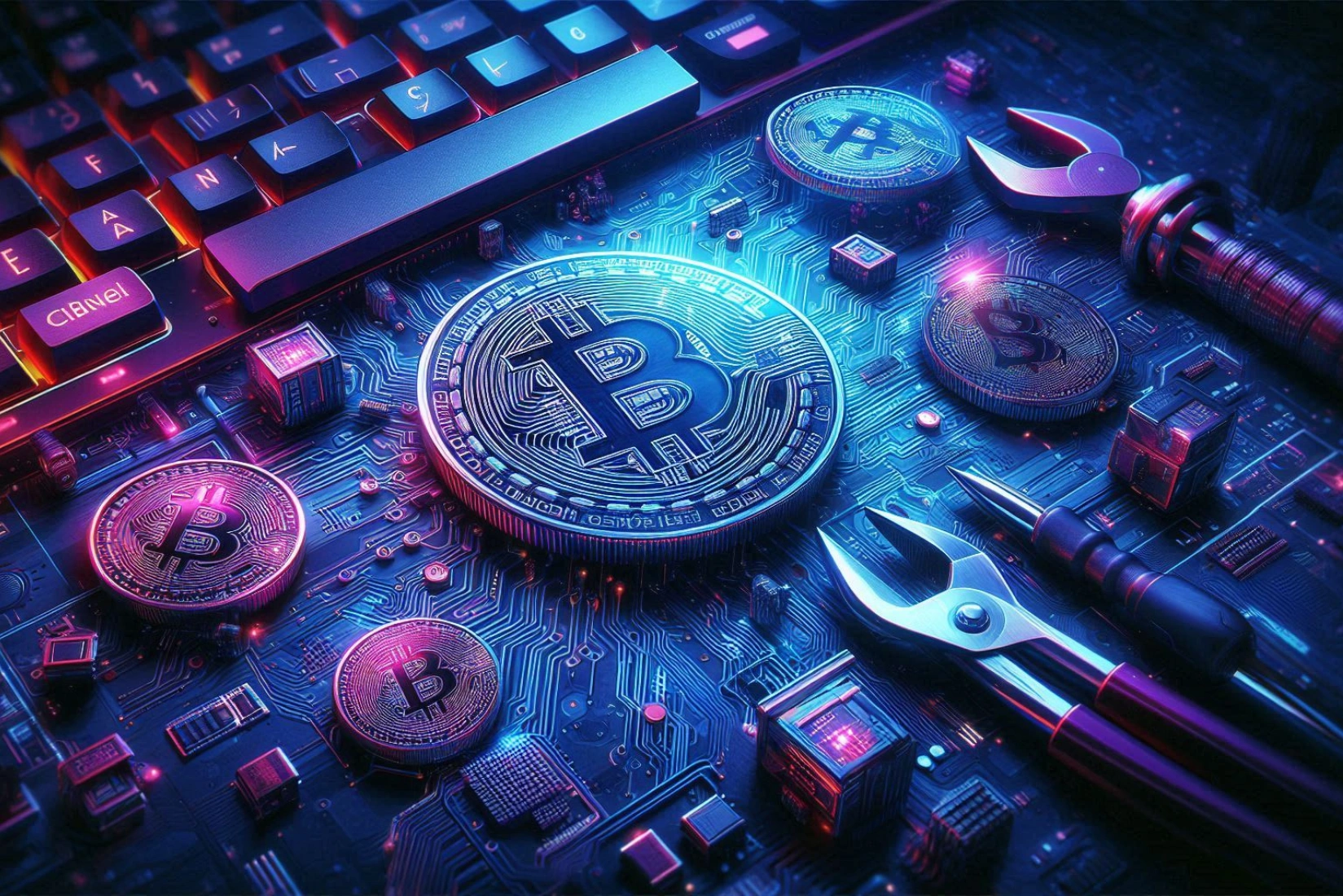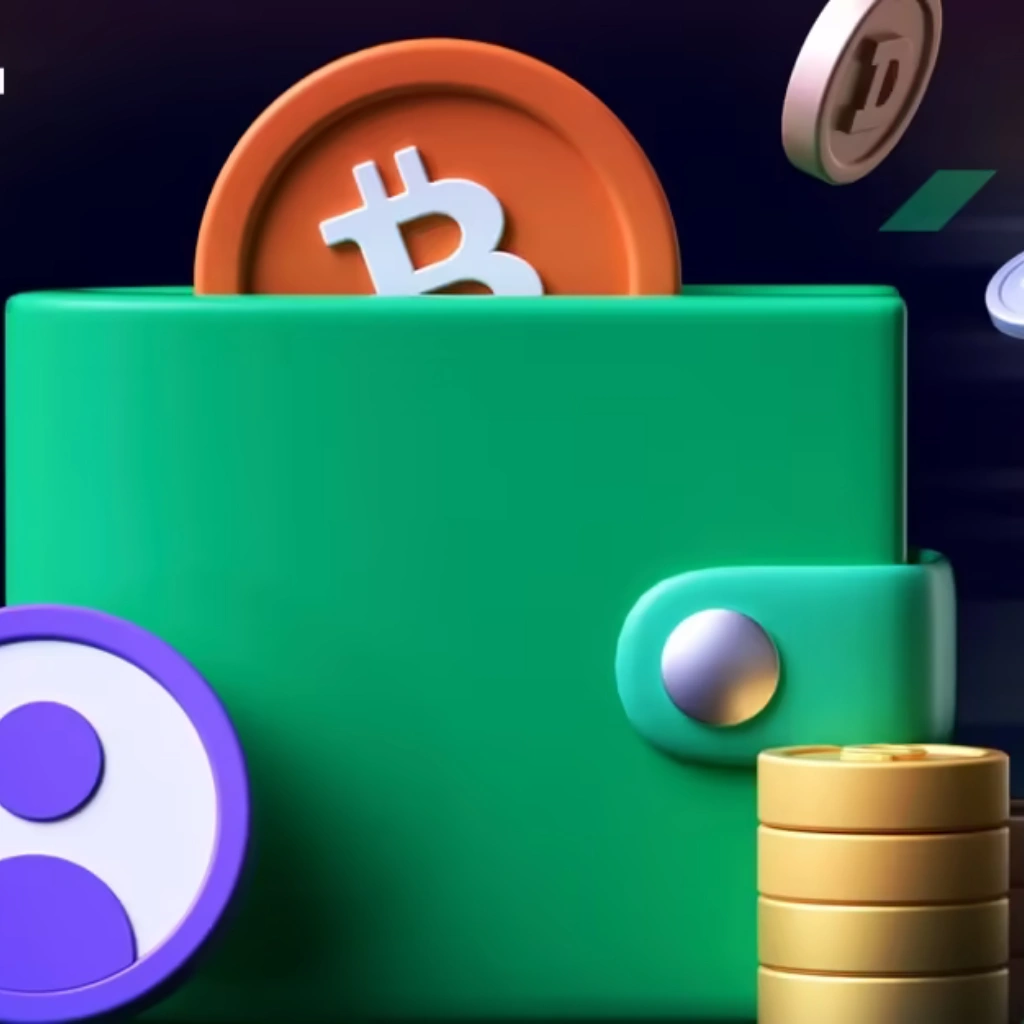Bitcoin 2025: 7 Honest Answers to the Web’s Most-Asked BTC Questions
Here we are in Bitcoin 2025 Vietnam, and whether you love it, hate it, or totally forgot your seed phrase, BTC is still the heart of the crypto conversation here. It’s no longer the flashiest coin—true—but in Vietnam, it’s arguably the most trusted.
While other blockchains are busy with DeFi games, AI tokens, and Web3 hype, Bitcoin in Vietnam just keeps doing Bitcoin things.
But people in Vietnam still have real questions. Is Bitcoin still relevant here? Is it safe? Is it practical for payments? What’s the BTC price forecast this year for Vietnamese investors?
Let’s unpack 7 real, frequently asked Bitcoin questions in Vietnam—and get to the bottom of where BTC really stands in 2025.
Is Bitcoin Still Worth Paying Attention to in Vietnam in 2025?
Definitely.
Bitcoin might not dominate the Vietnamese crypto headlines like it did during the 2017 and 2021 bull runs, but that doesn’t mean it has faded into irrelevance. In fact, in 2025, Bitcoin is more deeply woven into Vietnam’s financial ecosystem than ever.
Bitcoin has become a serious asset for both retail investors in Ho Chi Minh City and institutional players in Hanoi. Vietnamese tech startups, local funds, and even small family businesses are holding Bitcoin as part of their portfolios. In Vietnam, Bitcoin is now often compared to digital gold or prime real estate—a hedge against inflation and currency risk.
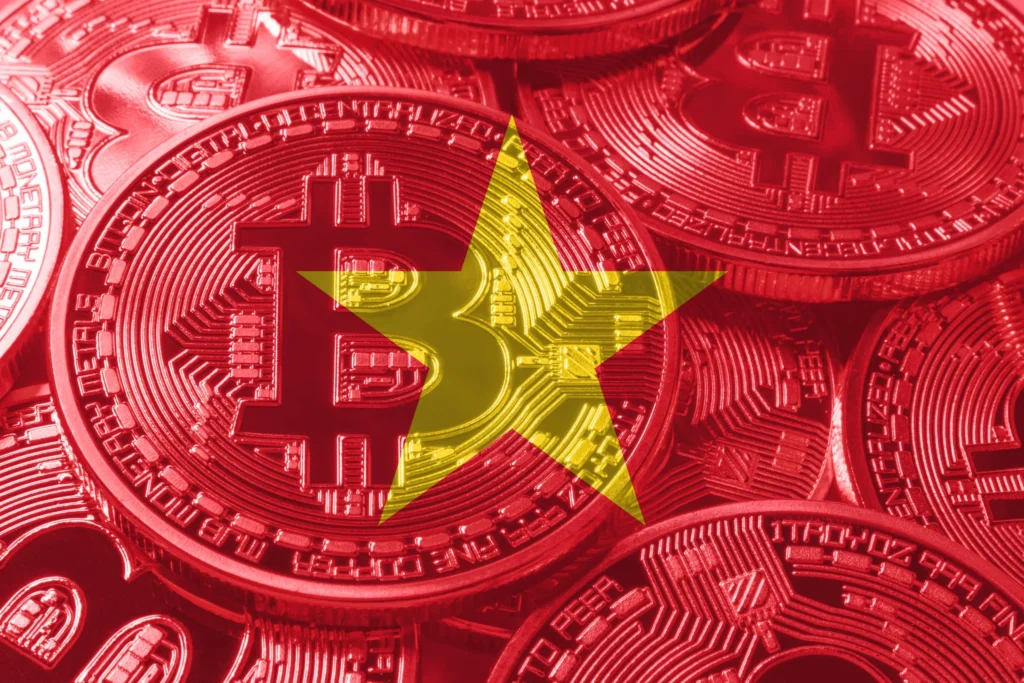
What’s the BTC Price Forecast in Vietnam in 2025?
This is still the top question in Vietnam’s crypto circles. Depending on who you ask—from university student traders in Da Nang to professional investors in Saigon—the BTC price forecast in Vietnam ranges widely. Some predict it’ll hover around 1.8 to 3.5 billion VND per Bitcoin (~$75K to $150K USD) in 2025.
The launch of global Bitcoin ETFs and Vietnam’s increasingly open stance on digital assets have helped stabilize Bitcoin’s image here.
But Vietnamese investors are cautious. After living through cycles of hype coins and market crashes, most now see Bitcoin as a long-term store of value, not a quick lottery ticket.
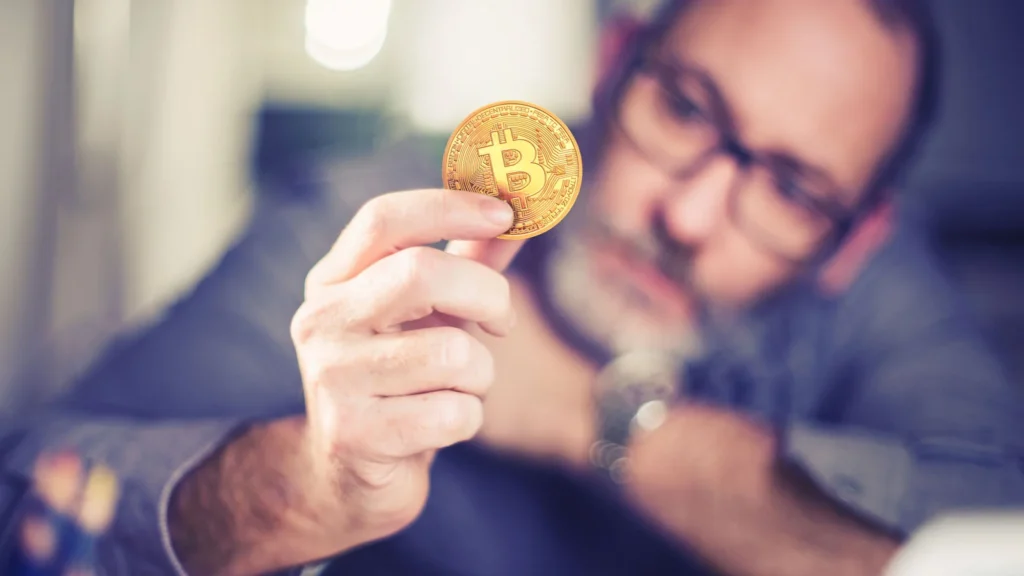
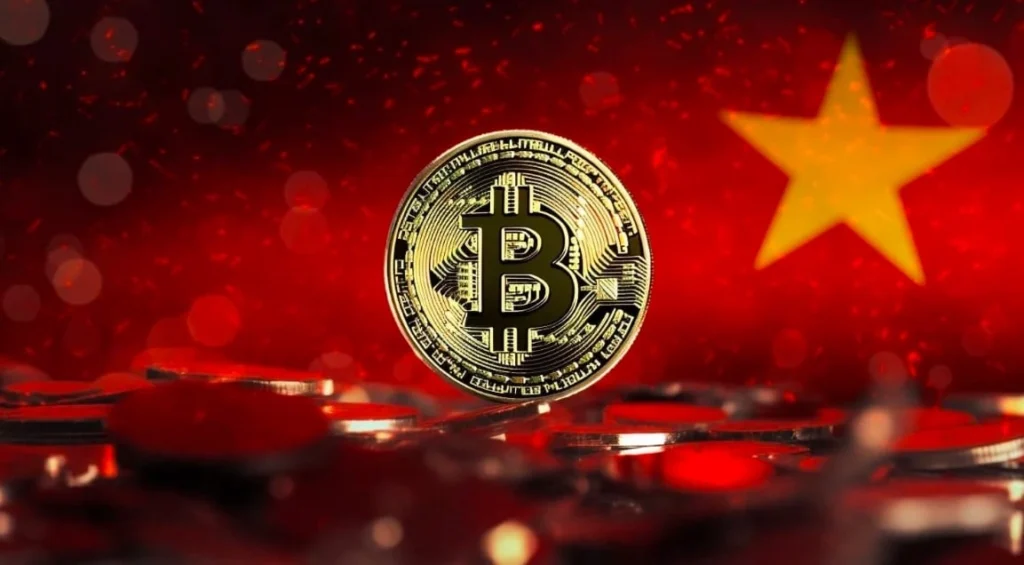
Why Hasn’t Bitcoin Been Replaced in Vietnam?
Vietnam is one of the most crypto-hungry countries in the world. Vietnamese investors were quick to jump on newer chains like Solana, Polygon, and even local play-to-earn tokens. So why hasn’t Bitcoin been dethroned here?
The answer is simple: Trust.
Bitcoin’s security, its neutrality, and its predictable supply make it uniquely appealing in Vietnam, especially for people concerned about inflation, currency devaluation, or financial system instability.
In Vietnam, Bitcoin’s lack of founders, lack of marketing gimmicks, and lack of centralized control have become its greatest strengths.

4. Are People Still Using Bitcoin for Payments?
Yes—more than ever, especially in places with unstable local currencies or limited international payment options.
Freelancers in Vietnam now regularly accept Bitcoin for overseas contracts, avoiding high international transfer fees. Some cafes in Ho Chi Minh City’s District 1 and Hanoi’s Old Quarter accept Bitcoin via the Lightning Network for fast, near-zero fee transactions.
Vietnamese travelers also use Bitcoin for cross-border payments in Cambodia, Laos, and Thailand, where traditional banking is more expensive and restrictive.
That said, most middle-class and wealthy Vietnamese still see Bitcoin as a store of value rather than everyday money. But the payment rails are growing, especially among the younger, more mobile generation.
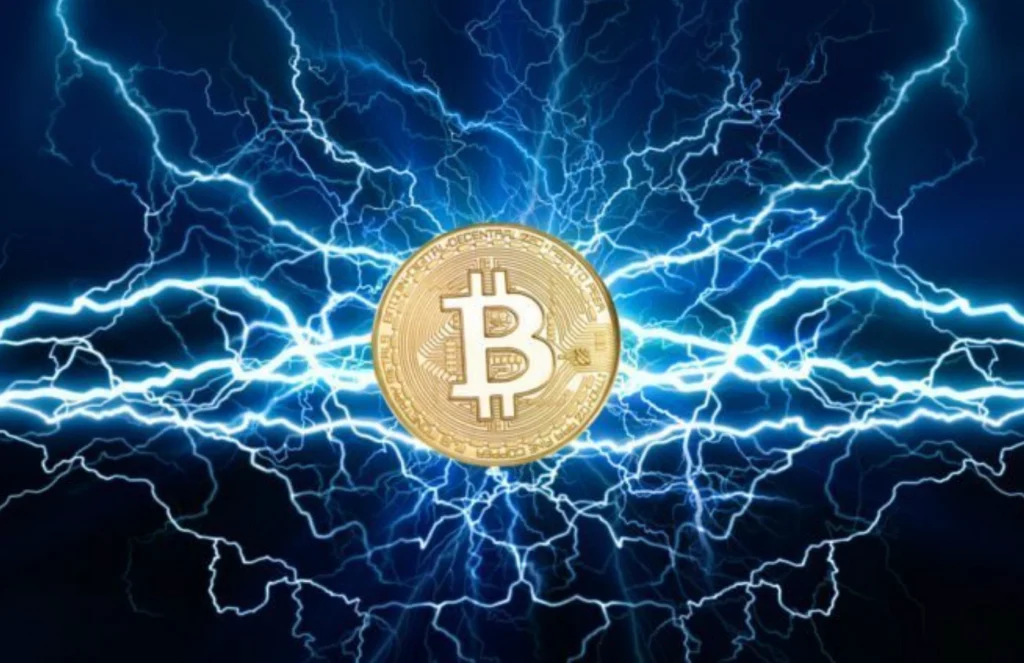
Is Bitcoin Still the Safest Crypto for Vietnamese Investors in 2025?
Yes. Bitcoin remains the most secure and most trusted crypto asset in Vietnam.
The Vietnamese community has learned—sometimes the hard way—that smaller altcoins and play-to-earn projects can collapse overnight. Bitcoin’s network has never been hacked, its supply is capped, and its security is backed by the largest mining network in the world.
Even major Vietnamese crypto exchanges and custodial services highlight Bitcoin as the “gold standard” for security.
In Vietnam, simplicity is a feature, not a flaw. Bitcoin doesn’t try to do everything. It just works—and people trust that.
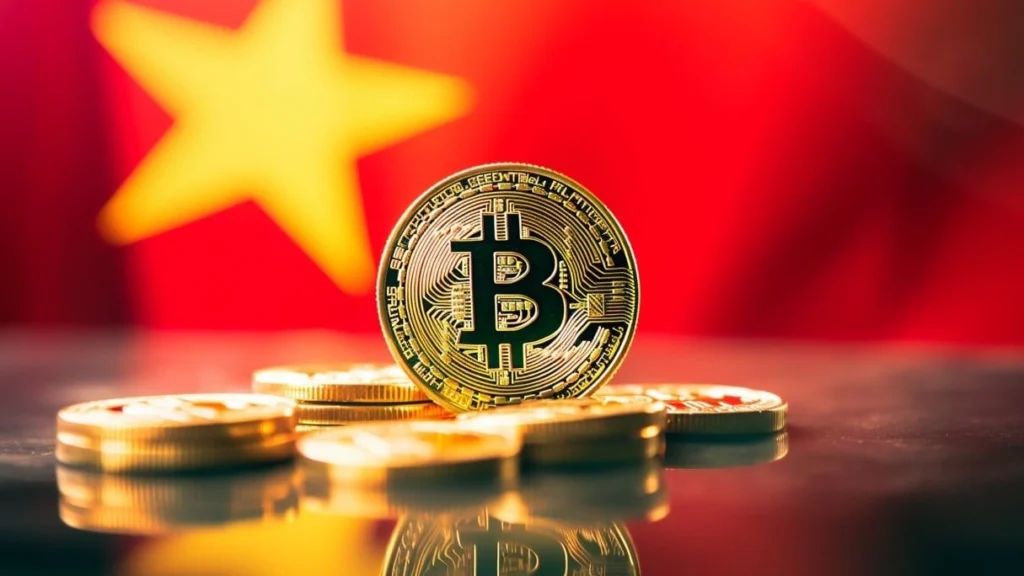
What About Bitcoin’s Energy Use in Vietnam in 2025?
This debate has softened in Vietnam. The country has rapidly expanded its renewable energy sector, particularly solar and hydro. Vietnamese Bitcoin miners have started using excess hydropower from the northern provinces and even integrating solar energy in the central regions.
Mining farms in Vietnam are increasingly using wasted or surplus energy, aligning profit incentives with greener solutions. There’s also growing interest in using flare gas and stranded energy from industrial sites to power Bitcoin mining operations locally.
Vietnam’s media and environmental groups are still watching closely, but the “Bitcoin is killing the planet” narrative holds much less weight here now.
Will Bitcoin Still Lead in Vietnam in 2030?
That’s the big question. But as of 2025, Bitcoin still anchors Vietnam’s crypto space.
Vietnamese investors have shown they’re willing to explore and experiment with newer technologies—DeFi, Web3, AI tokens—but when it comes to long-term wealth storage and cross-border value, Bitcoin remains the go-to asset.
Maybe Ethereum or another chain will take the spotlight someday. Maybe Vietnam’s own crypto projects will rise. But Bitcoin isn’t trying to be trendy. It’s playing the long game. It’s slow. It’s simple. And in a market where so much is unstable, that reliability is powerful.
In Vietnam, Bitcoin in 2025 isn’t just surviving—it’s respected. It’s part of the system now. And that might be its greatest strength.


